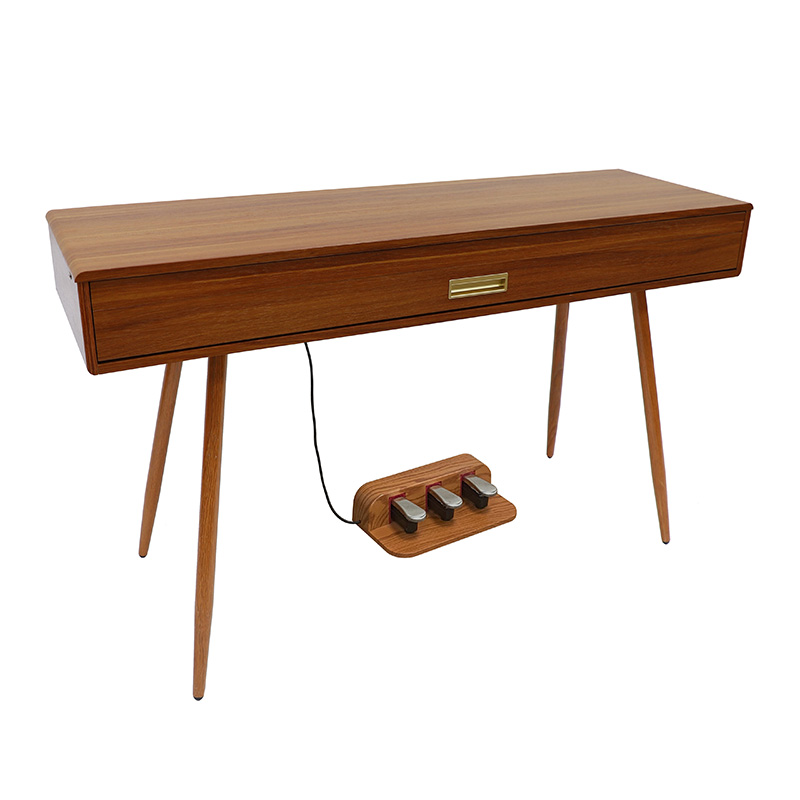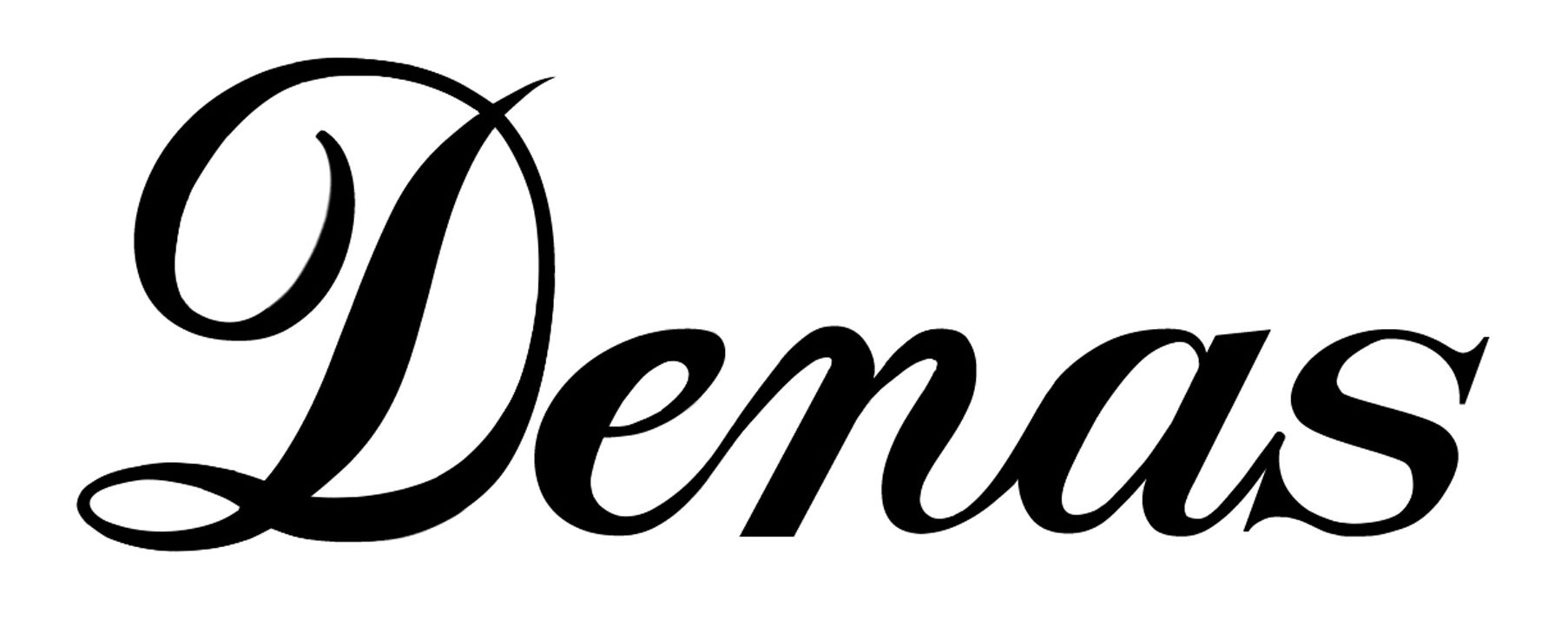1. Portability
Digital pianos are usually lighter and more compact than traditional acoustic pianos, making them easier to move and ideal for small spaces.
2. Volume Control
They come with volume controls and headphone jacks, allowing you to practice quietly without disturbing others—perfect for apartments or late-night sessions.
3. Maintenance-Free
Unlike acoustic pianos, digital pianos do not require regular tuning, saving you time and money on maintenance.
4. Variety of Sounds
Digital pianos often include a wide range of instrument sounds (e.g., organ, strings, harpsichord), giving you more versatility in your playing.
5. Built-in Features
Many digital pianos come with useful features like metronomes, recording functions, lesson modes, and USB/MIDI connectivity for music production or learning apps.
6. Cost-Effective
They are generally more affordable than acoustic pianos, making them a great choice for beginners or those on a budget.
7. Learning Tools
Digital pianos often include features like light-up keys, lesson modes, or app integration to help beginners learn faster.





